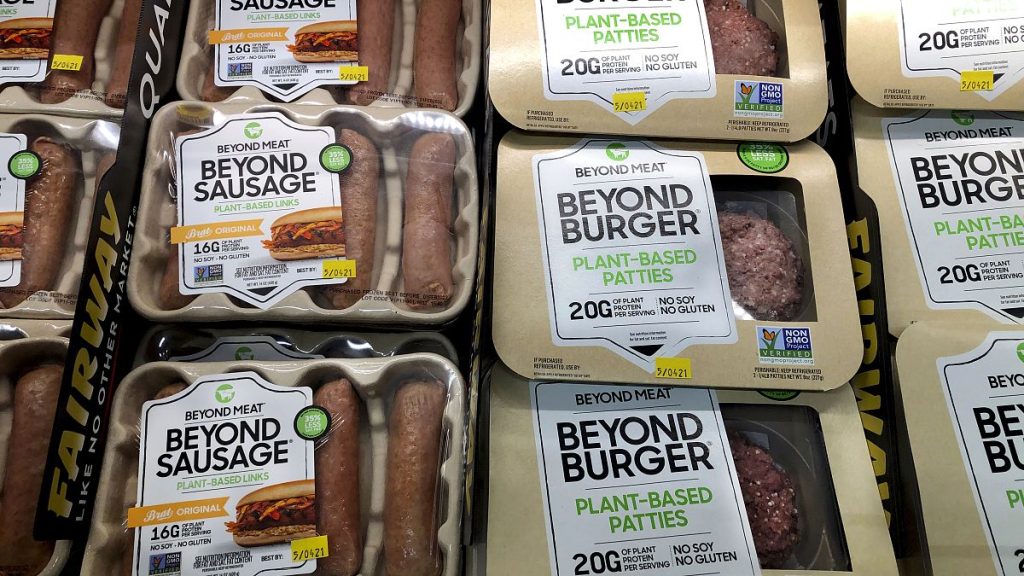In a recent ruling, the EU Court of Justice stated that plant-based foods can use terms traditionally associated with meat in their marketing, as long as their composition is clearly labeled and does not mislead consumers. This decision comes in response to a 2021 French law that banned the use of meat-related terms like “veggie burgers” or “vegan sausages” for plant-based foods. The European Vegetarian Union and the Association Végétarienne de France challenged this decree, arguing that it conflicted with EU law. The court’s ruling now allows food manufacturers to use common descriptive names for vegetarian products if a specific legal name has not been established by a member state.
The court emphasized that its decision does not impact a member state’s ability to enforce consumer protection rules when marketing is deemed misleading. This ruling is seen as a way to promote plant-based alternatives and work towards achieving environmental targets, as well as boosting competitiveness and innovation within the EU. Plant-based protein products have been gaining popularity throughout the EU, but there has been uncertainty about how these products should be labeled and marketed. The ruling is expected to have broad implications, especially for countries like Belgium and Italy that were considering implementing laws similar to France’s ban on meat-related terms for plant-based foods.
This issue of labeling plant-based products is not new in the EU, as a similar legal debate arose in 2017 regarding the use of dairy-related terms for plant-based alternatives. The ECJ ruled at that time that terms like milk, butter, and yogurt should only be used for products containing actual dairy. This led to plant-based alternatives being labeled as “drinks” instead of using traditional dairy terms on European shelves. Food labeling in the EU has been regulated since the early 1990s, with most products falling under the EU’s Common Market Organizations within the Common Agricultural Policy. In 2020, the European Parliament rejected attempts to reserve meat-related names exclusively for products made from animal parts during discussions on EU agricultural subsidies reform.
The EU court’s decision highlights the importance of clarity in food labeling to ensure that consumers are informed about the products they are purchasing. By allowing plant-based foods to use common meat-related terms, as long as the ingredients are clearly labeled, it opens up new possibilities for marketing these products and promoting alternatives to traditional meat products. This ruling also underscores the need for consistency across EU member states in how plant-based products are labeled and marketed. Moving forward, it will be important for countries to establish clear legal names for plant-based alternatives to provide transparency for consumers.
Overall, the EU Court of Justice’s ruling provides guidance on how plant-based foods can be marketed in accordance with EU laws and regulations. By allowing the use of traditional meat-related terms for vegetarian products, as long as the composition is clearly labeled, it supports the growth of the plant-based food industry and promotes consumer choice. This decision also has broader implications for how plant-based products are labeled across the EU, potentially influencing future legislation in other member states. As the popularity of plant-based alternatives continues to rise, it is essential for regulatory frameworks to adapt to meet the needs of consumers and promote transparency in the food industry.


